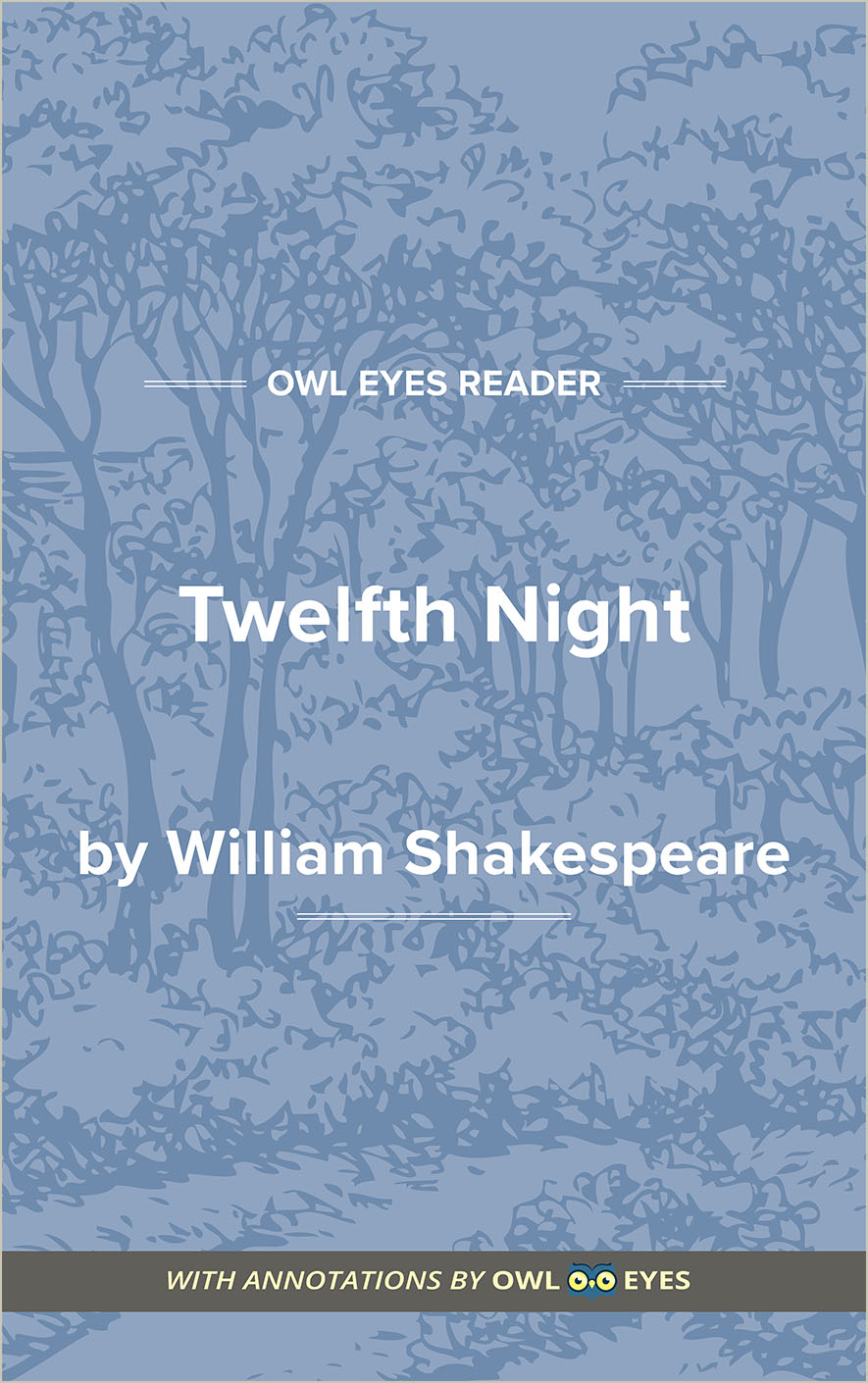Analysis Pages
Motif in Twelfth Night
Motif Examples in Twelfth Night:
Act I - Scene IV
🔒"Yet, a barful strife! Whoe'er I woo, myself would be his wife...." See in text (Act I - Scene IV)
"I have unclasp'd To thee the book even of my secret soul:..." See in text (Act I - Scene IV)
Act I - Scene V
🔒"Where lies your text? VIOLA: In Orsino's bosom. OLIVIA: In his bosom? In what chapter of his bosom?..." See in text (Act I - Scene V)
Act II - Scene III
🔒"I can write very like my lady, your niece;..." See in text (Act II - Scene III)
Act II - Scene V
🔒"M, O, A, I, doth sway my life.’..." See in text (Act II - Scene V)
Act III - Scene II
🔒"write it in a martial hand..." See in text (Act III - Scene II)
Act III - Scene IV
🔒"Heaven restore thee!..." See in text (Act III - Scene IV)
Act IV - Scene II
🔒"help me to a candle, and pen, ink, and paper; as I am a gentleman,..." See in text (Act IV - Scene II)
Act V - Scene I
🔒"—a savage jealousy..." See in text (Act V - Scene I)

